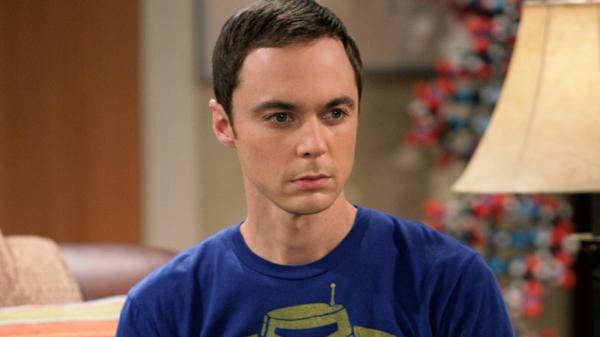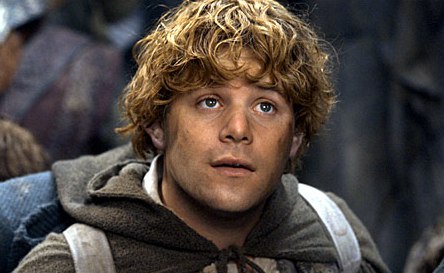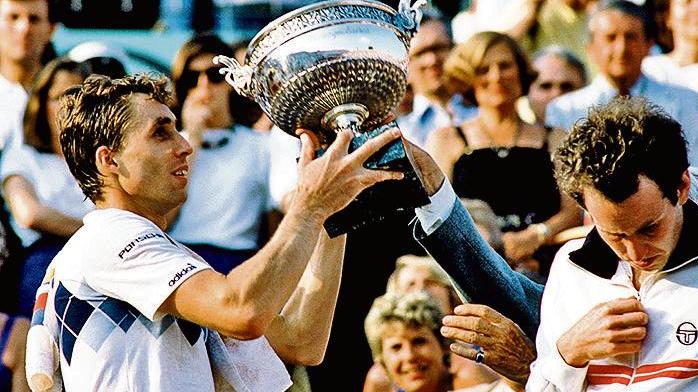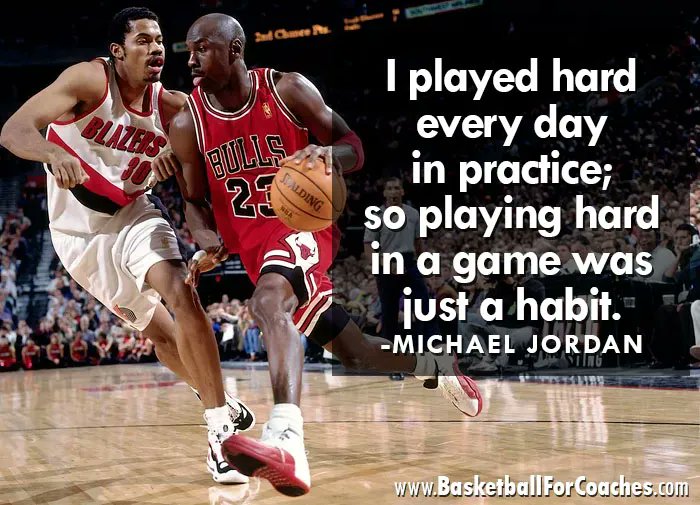“Character is the psychological muscle that moral conduct requires and the bedrock of character is self-discipline”. Spend a few minutes to take in this statement. I came across this eye opening philosophy in the book Emotional Intelligence written by Daniel Goleman, a Psychologist. And Emotional Intelligence is one of the two subjects this blog will dwell on. Many of you may be familiar with the fictional physicist from Caltech University – Sheldon Cooper, the eccentric yet an insanely intelligent character from the popular sitcom “The Big Bang Theory”. He is known to have a genius IQ level of 187 at par with an Albert Einstein and Stephen Hawking. On the other hand there is another fictional character and one of my favourites – Samwise Gamgee, a hobbit from the universally acclaimed masterpiece, The Lord Of The Rings by J.R.R. Tolkien and showcased as an equally brilliant movie by Peter Jackson. The reason I have mentioned these specific characters is because they are perhaps the best examples to illustrate a) Sheldon who is high on IQ but with very poor Emotional Quotient and b) Sam whom you can bet your life on to help you at any time of the day or night; a person with a very high quotient of Emotional Intelligence.


While these are extreme examples of lack of and plentiful emotional intelligence, most of us have a bit of both. Some lucky ones have an abundance of both which helps them traverse through the pitfalls of life with relative ease and less anguish. I don’t want to get into the IQ debate here as one would like to believe that everyone is smart, but not everyone has the right EQ or emotional intelligence. People with high emotional intelligence exhibit high levels of empathy, have better self-awareness, are able to manage their emotions better and control their impulse. They also have the knack of delaying gratification and handle stress and anxiety better. Thus they are able to manage people better. Immediate recollections from the world of sports could be Roger Federer, M S Dhoni or a Rahul Dravid. Please do share more examples from your own experience.
There is a fascinating incident that involved a group of monks during the Vietnam War. Right in the midst of aggressive firing across a paddy field between the US army and the Viet Cong fighters, these calm monks walked right across the paddy field along the elevated berms that separate one paddy from the other. They did so without batting an eyelid. They didn’t look right, they didn’t look left, but walked straight through. The firing from both the sides suddenly stopped for the monks to cross the field. But even after the monks had crossed the paddy field, both combatants just didn’t feel like picking up their guns. They stood there in utter and complete silence, packed up their armoury and returned to camp. Emotions are contagious and emotional learning is lifelong.

Being emotionally literate is as important for learning as any formal education. And empathy is the fulcrum around an emotional intelligent person. There was this incident a few years ago on a subway train in Tokyo. A drunk middle aged Japanese man entered a train brandishing a knife. He threatened and abused the fellow passengers who were scared for their life. However there was this elderly Japanese who dared to start a conversation with the agitated drunkard asking him the reason for the tantrum. When the inebriated man shouted that his wife had died and that he had recently also lost his job and his house, the elderly man replied by telling him how recently he too had lost his wife of fifty years along with his children in a car accident. The drunk was stunned into silence, dropped his gun and started crying. The old man hugged him and took him home to have some sake and perhaps share more wisdom. This is not just exhibiting a high level of emotional intelligence, this is emotional brilliance.
This brings me to the next topic and that is of a Fixed Mindset and a Growth Mindset. A fixed mindset believes that talent and intelligence is fixed at birth while a growth mindset believes that talent and intelligence can be developed and will grow over time. According to Gilbert Gottlieb, an eminent neuroscientist, “Not only do genes and environment co-operate as we develop, but genes require inputs from the environment to work properly”. Thus we have more capacity for lifelong learning and brain development than one believes.
Think of your own friends who were poor academically and suddenly after many years you bump into them and discover their success. There could also be an element of emotional intelligence here. There is no nature versus nurture debate here or a genes versus environment battle. The formula to develop a growth mindset is our Upbringing + Experience + Personal effort when added to our Temperament and Aptitude. It is not always the people who start out the smartest, end up the smartest. On most occasions, we think of our sporting heroes as naturals, super heroes with latent talent. Try telling this to Ivan Lendl who had less than half of John McEnroe’s talent yet why did McEnroe underachieve while Lendl succeed more, winning more Grand Slams, more matches and titles than McEnroe.

All sporting superstars – Michael Jordan, Steffi Graf, Martina Navratilova, Sachin Tendulkar, Usain Bolt, Federer, Djokovic, Nadal or a Tiger Woods believe in the continuous improvement philosophy. They do not just depend on their god given talent and physical ability but work on their game, practice relentlessly, developing new skills and new shots to stay ahead of competition. No wonder a Serena Williams or Federer or for that matter Jimmy Anderson even after turning forty, are considered at the top of their game. As Ralph Waldo Emerson has said, “Life is a journey, not a destination”

This blog is the second in a three part blog series titled: All We Need Is a Nudge. Do read Emotional Intelligence by Daniel Goleman and A Growth Mindset by Carol S. Dweck for more insights on the subjects.
The author is the founder of Nudge Sports (www.nudgesports.in) where we strive to build a strong sporting community by nudging the athlete to become not just a better player but a stronger and a socially conscious individual using top-notch mental conditioning programs. All our programs are developed by qualified and experienced sport and performance psychologists.





